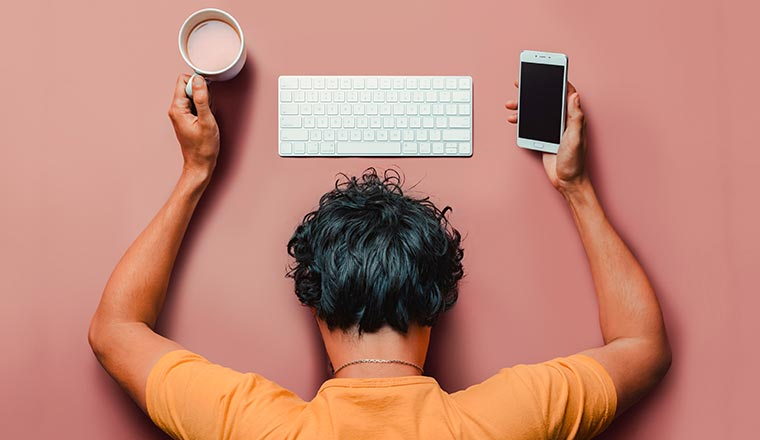Strategies to Boost Productivity and Reduce “Busyness”

Last week, we discussed the trap of “busyness,” and its potential to reduce genuine productivity.
While we included some strategies for addressing this problem (and don’t we all have it!), I thought we ought to offer more ways in which we can ensure we are prepared for productivity, both at work and in our personal lives.
We Mustn’t Neglect Our Physical Health
It is absolutely true that in order to do our best, most deeply and creatively focused work, we need to be at our best. To do that, we need to:
- Make sure we eat a healthy diet. Keeping our bodies healthy is the first, most fundamental building block toward being at our best. As the Roman poet Juvenal wrote over 2,000 years ago, we need to aim for mens sana in corpore sano – a healthy mind in a healthy body.
- Exercise regularly. Schedule walks, bike riding, running, swimming, yoga, or whatever floats your boat. Again, a healthy body is a prerequisite for a healthy mind.
Or Our Psychoemotional Wellbeing
To perform at our best, we need to nourish our psyches as well as our bodies. Such nourishment can come from:
- Selecting our three most pressing tasks for the day, and taking them as far as we can, even if they cannot be completed immediately.
- Making sure that, every day, we leave work at work. Create a shut-down ritual, if you like. Check your daily and weekly tasks, make sure you have plans for addressing everything you haven’t completed. Choose your next day’s three primary-focus tasks. When you’ve verified this, tell yourself, “I’m done for the day,” and stick to it.
- When one of our team members does a particularly good job, we should tell them so – that will make both us and them feel peaceful and benevolent.
- If we are walking, bike riding, etc., we can mull over a big-picture concern or issue. Even if we don’t bring it to the forefront of our minds, we can let it tumble in the background. It is actually true that such musings can sometimes lead to more effective solutions than addressing the issue in a linear, data-based manner alone. We should trust the creativity of our deep selves.
- Being fully present, wherever we are. If we are working, let’s work. If we are among our family and/or friends, let them – and the moment, and the experience – be our whole focus.
Additionally, We Can Schedule Ourselves
- Carefully and mindfully. We all have our own circadian rhythms. If we are at our best in the early morning, we can try getting to the office early, focusing in, and addressing a knotty problem while the office is otherwise still. If our focus is better during the afternoon, we might schedule deep work for after lunch (eating lightly!).
- To allow for downtime, before, during, and after the workday. Mornings are a great time for a walk, a run, a bike ride, and these solitary activities can set us up to begin our work refreshed and eager to tackle the day’s projects. Lunch hour is an excellent time to walk round the block, quiet ourselves, and in the back of our minds, prepare for the afternoon’s tasks.
- Weekly, in preparation for Mondays. Sketching out our week’s activities (always subject to change, of course, as the week will bring new client needs, and some of them will be time-sensitive) can actually help us focus through the week – since the mindful scheduling it itself a focused action.
- And, again, evenings should be clear of work. If we’ve worked all day, we’ve earned our downtime – it’s our reward. We should embrace this reward, revel in it. Read a book. Watch a film with the family. Meet with our favorite fellow-hobbyists. We can give ourselves permission to enjoy these activities, participate fully in them, as the fruits of our labor.
What strategies work to help you avoid over-busyness, do your most deep-focused and productive work, and be present for and with your family and friends?
Please click here to email me directly – I’d love to hear your stories.
Until next Wednesday –
Peace,
Eric
